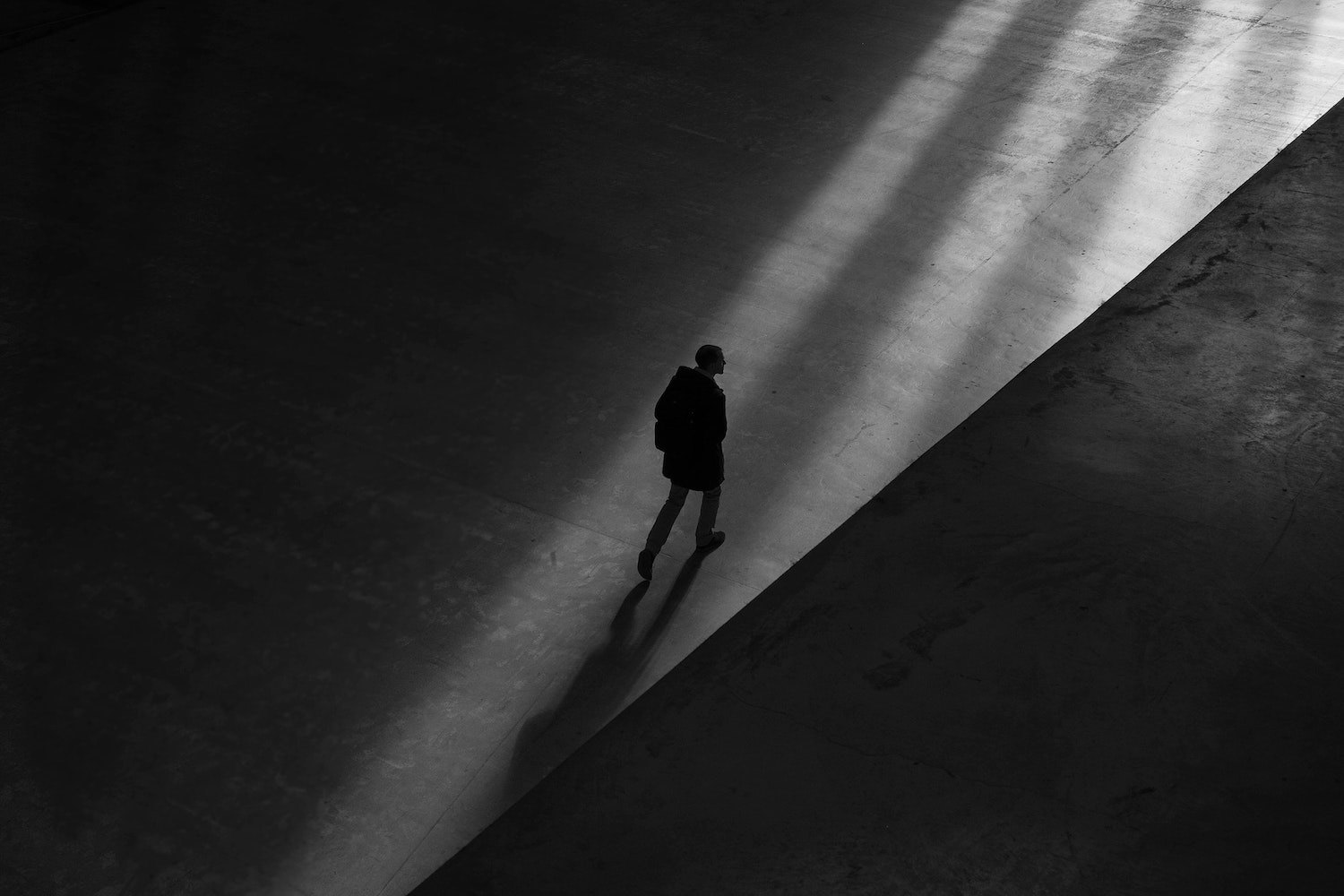LGBT and in a violent relationship? Your step by step guide to seeking help from the Family Courts
I hope you have managed to read it in peace. I hope your friend, work colleague or family member has bookmarked it and saved it for you. I hope the person causing you pain sees this article and seeks out help for themselves. This article could save both of your lives.
Am I a victim?
This isn’t a silly question. Everyone reacts differently under pressure, everyone has failings. Everyone has lost their temper at some stage in their lives, and in doing so has reacted in a way they never thought they would. Some may even have behaved terribly for a few days or weeks or even months. However, you know this is not what I am talking about.
A victim of domestic abuse suffers harm at the hands of a family member or partner. The harm is physical, mental, financial or sexual. The abuser targets you, hounds you. You find yourself giving over personal details that you wouldn’t ordinarily, change your behaviour in an attempt to soften theirs and you lie to others about you’re suffering because your abuser has blamed you for their hideous behaviour.
So what next?
Do not feel alone, sadly, in such a small minority of just 1.1 million, at least 1 in 4 victims of domestic abuse are lesbian and nearly 1 in 2 victims are gay. The figure rises to nearly 80% if you identify as transexual.
If you reach out there are people there who can and will help, so ditch the embarrassment. There is nothing you can say to the charities listed below or perhaps your lawyer, that hasn’t been said, sadly, a million times before (over a million calls to the police are made every year citing domestic abuse).
Charities will not only signpost you to other charities or support groups, but can also help identify legal routes available and continue to support you through the process.

If you do go down the legal route you will be offered protection and even protection for your home, whether you own it or not. This could be via the criminal courts or the police who have the power to offer immediate protection for up to a month, securing you and your home under a Police Protection Notice (or Order if there are children in the household). However, this could lead to criminal proceedings which would be public.
Family Courts can offer you protection by making a Non Molestation Order (an injunction) and/or an Occupation Order (forbidding the abuser from returning to the home you shared) for a minimum of 6 months. Such an application can be made urgently, even over the phone during lockdown, and most importantly, it is private.
The statistics tell us that it takes on average 2 1/2 years for a victim of abuse to seek help. By reading this article you are taking the first step, take the next by making contact with one of the organisations below.
Stonewall: https://www.stonewall.org.uk/help-advice/criminal-law/domestic-violence
Galop: https://www.galop.org.uk and their national helpline 0800 999 5428
Government website: https://www.gov.uk/injunction-domestic-violence/eligibility-non-molestation
Opinions expressed in this article may not reflect those of THEGAYUK, its management or editorial teams. If you'd like to comment or write a comment, opinion or blog piece, please click here.



